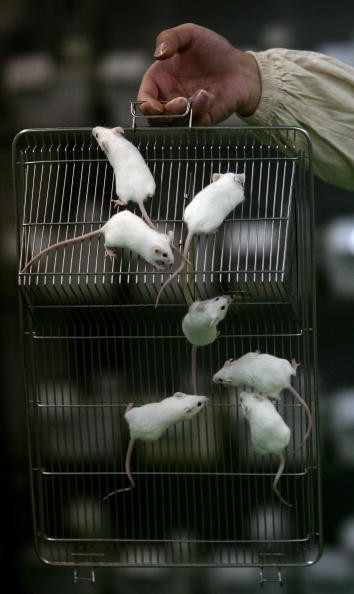
Two studies have found that a hormone in the liver appears to play a role in curbing a craving for sweets and for alcohol in mice. This hormone could potentially play a role in helping people who are obese or who have diabetes.
A study conducted at the University of Iowa in mice found that a hormone produced by the liver, called FGF21, suppresses the consumption of simple sugars. The researchers report that FGF21 is produced in the liver when the mice eat a lot of carbohydrates. FGF21 then enters the bloodstream, where it sends a signal to the brain to suppress the preference for sweets.
The Iowa researchers used two types of mice, one modified to produce no FGF21 and another modified to produce more than 500 times the normal amount. The mice were given a choice between a normal diet and one enriched with sugar. The mice that produced no FGF21 ate more sugar while the ones that produced lots of the hormone ate less sugar.
At the University of Texas Southwestern Medical Center, researchers found that mice with elevated levels of FGF21 showed reduced a preference for sweetened water or water that had alcohol in it. The mice also had reduced levels of the neurotransmitter chemical dopamine which plays a central role in reward behavior.
To confirm whether the FGF21 hormone acts by way of the brain, the Texas researchers took advantage of the fact that FGF21 requires another chemical called beta-Klotho in order to function. When FGF21 levels were increased in mice that were genetically unable to make beta-Klotho in the central nervous system, they no longer had any taste preferences.
Other hormones have been found to affect appetite, but these do not regulate any specific type of food such as carbohydrates and are not produced by the liver, according to the Iowa research.
Both FGF21 studies were published in the Dec. 1 issue of Cell Metabolism.



